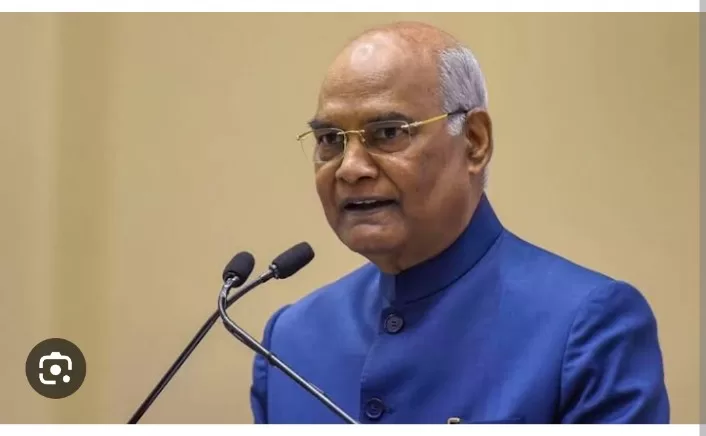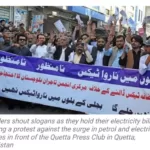The selection of former President Ram Nath Kovind to lead a committee to deliberate on the matter of one nation-one election brings to the forefront his previous vocal support for this initiative. During his term as President, Kovind expressed strong opinions on the subject, advocating for a comprehensive debate among political parties.
In a joint session of Parliament on January 29, 2018, Kovind highlighted the concerns surrounding the impact of elections in different parts of the country on governance, the economy, and development. He emphasized that frequent elections not only place an immense burden on human resources but also hinder the development process due to the imposition of the model code of conduct. Kovind called for a consensus among parties and urged for a sustained discussion on simultaneous elections.
Subsequently, in his address to the first joint sitting of Parliament after the Lok Sabha elections, Kovind again stressed the adverse effects of frequent polls on the pace and continuity of development programs. He argued that ‘One Nation, Simultaneous Elections’ was the need of the hour, as it would enable political parties to focus more effectively on development and public welfare.
Kovind’s support for this initiative was significant not only because he was the second Dalit President but also because he had a background in the BJP’s Scheduled Caste wing and had served as the Governor of Bihar. However, despite his symbolic value, Kovind’s presidency was marked by silence on various issues that could have potentially challenged the government in power. Despite appeals to exert the moral presence of his office, Kovind refrained from intervening in contentious matters.
Critics argued that Kovind seemed to facilitate government decisions, such as the revocation of President’s Rule in Maharashtra in 2019 and changes in the appointment of the Vice-Chancellor of Visva Bharati University. His addresses to Parliament, particularly ahead of the 2019 general elections, were met with opposition criticism, as he hailed government decisions like the purchase of Rafale jets, surgical strikes, and demonetization.
Kovind’s presidency also faced scrutiny for his limited response to incidents targeting socially marginalized communities, including Muslims and Dalits. While he did condemn the rape and murder of an eight-year-old girl in Kathua, his silence on other issues drew criticism. Despite Kovind’s remarkable journey from a humble background to the highest office in the land, his legacy remains marked by his silence on crucial matters during his tenure as President.
Since leaving office, Kovind has remained active, delivering lectures, attending events, and receiving visits from prominent figures like RSS chief Mohan Bhagwat. However, his legacy as President continues to be a subject of debate, with critics contending that he fell short of expectations for a President who held significant symbolic value. Kovind’s presidency serves as a reminder of the complexities and limitations of the presidential office in India’s political landscape.




